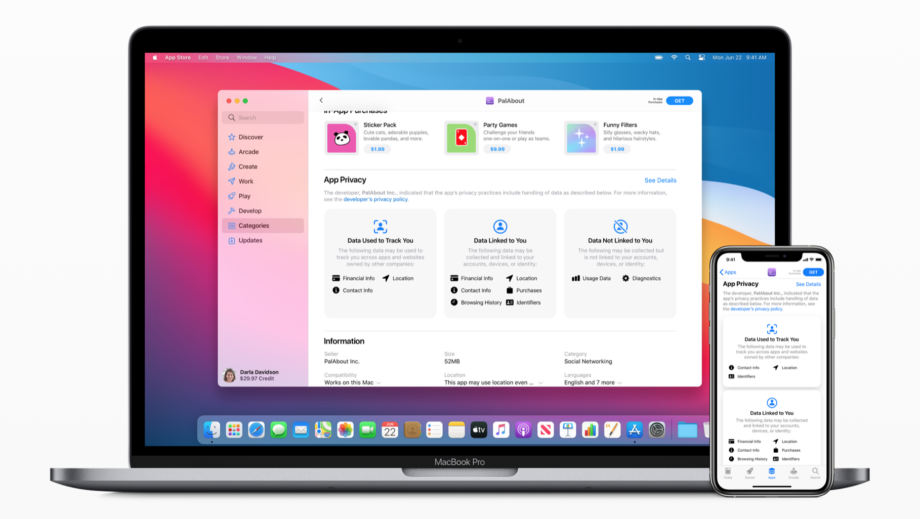Google still isn’t complying with major new iPhone privacy rules, but why?

Google continues to drag its feet on updating its iOS apps to reflect a new Apple App Store privacy policy that enables iPhone users to see how their personal data is used.
While Facebook and its underling family of apps has got on board with the new privacy labels, albeit under protest, the majority of the vast suite of Google apps are yet to be updated to reflect Apple’s new policy.
The so called ‘nutrition labels’ are designed to inform users – before they download the app – of the data used to track them, the data linked to them and the anonymised data that is not linked to them.
However, while Google has updated a few of its apps to reflect the change, MacRumors points out that the likes of Gmail, Chrome, Google Maps, YouTube, Google Maps and more still don’t display the information requested.
- Which is the best iPhone for you in 2021?
That’s despite Apple rolling out the policy on December 8 of last year. Google has now missed a deadline it set for itself to update the policy. On January 5 it told TechCrunch that the plan was to roll out the labels during the next two weeks, which have now come and gone.
While the work has started, it has not been completed, which will raise questions over why the company is picking and choosing which apps to label. A Fast Company report earlier this month speculated that Google may not be ready to reveal exactly what data it is collecting, in some cases.
Could Google still be working behind the scenes to ensure their ducks are in a row before having to be more overtly transparent with the public? Here are the labels in question, make up your own minds:
Data used to track you: You may see this if the app in question seeks to track users outside of the application. This might include contact information, location and other identifiers.
Data linked to you: If developers collect information that is linked to your device, account or identity. Apple says financial information, contact information, browsing history, purchases and browsing history might be part of this.
Data not linked to you: If developers do seek to collect information without linking it to your identity or account. This may be usage data or diagnostic data.
No data collected: The app will collect no data from the users.
No information available: Apple is yet to collect the information from the developer. The company is threatening action against developers who don’t comply with the new rules.


